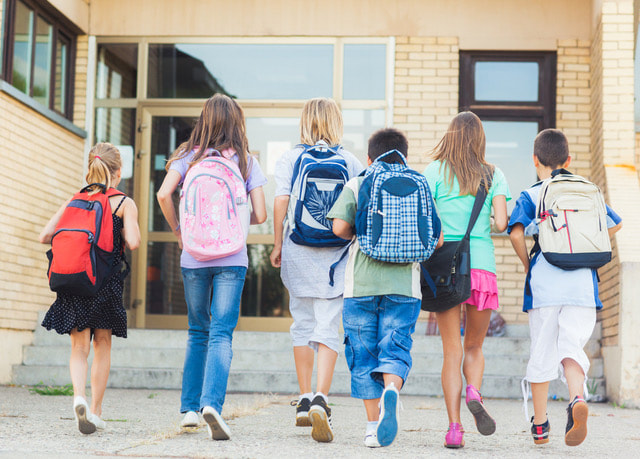|
Anxiety and stress in teens is an epidemic, and has been well-documented. A 2014 survey revealed that 83% of teens reported school-related stress. Now with COVID-19, increases in gun-violence and racial tensions, the numbers are likely to be even higher. Are there some things that teachers can do to play a role in their student’s mental wellbeing? This article will point to several strategies that can and will make a difference. Firstly, as parents and teachers, it is important to take a look at our own fears around Covid-19 and school.... We need to be clear about what those fears are so we can help our children and students to understand theirs. We may experience a whole range of emotions and feelings from sadness, to anxiety to despair, perhaps disappointment, but underneath those what is the actual fear? Is it a fear of death? A fear of losing a loved one? Is there a sense of loss - loss of a secure future, loss of normality, loss of control? Is there a sense of shame? Or a sense of being a victim? We need to be able to understand and address our own fears so that we don’t pass them along and add to the fears of our students.
Doing our own inner work is the best way to help others especially our children. Our students are coming to school with all sort of questions playing in their heads, consciously and subconsciously. Will I be popular? Will I be safe? Do I have what it takes to get good grades? Is my future secure? Will anyone notice I gained ten pounds? How will I achieve my goal in these circumstances? How will I be judged? School is a place that students come to be evaluated academically by their teachers, and socially by their peers and even by their parents. Many students actually believe that the love of their parents depends on their grades. It is as if the school environment is designed to stack them up on ladders which they have to scramble up as far as they can. Many students give themselves the message that their worth depends on the opinion of others and on their achievements. That’s why, I believe the most effective way of helping our students to reduce their stress levels is to help them understand that their worth is intrinsic. They have inherent worth just by virtue of being human. One baby is not worth more than any other as we are taught at the beginning of the book of Genesis and in the charter of human rights. Inherent worth is something they don’t have to earn and can never lose. This goes right to the root of their being. I’ve witnessed the power of this concept to change lives and be the catalyst for recovery from depression, anxiety and even addiction. Understanding our inherent worth, to the exclusion of other ideas about ourselves such as that we are worthless, not good enough, or that we don’t belong, is the antidote to any of the negative core beliefs we or our students may have and allows positive transformations to happen. Here are a few strategies for calming stress levels in the classroom:
Which strategies will you use in your classroom or at home?
0 Comments
Leave a Reply. |
Author I know firsthand the emotional and financial costs of having a troubled teenager and I don’t want that to happen to you. That's why I wrote my book What They Don't Teach in Prenatal Class: The Key to Raising Trouble-Free Kids and Teens (available on Amazon). Archives
April 2022
Categories
All
|
get in touch
Email: [email protected] Tel: (1) 604 720 2776
Sign Up to my newsletter
Get information and articles about how to raise happy, mentally-healthy, and addiction-free kids!


 RSS Feed
RSS Feed